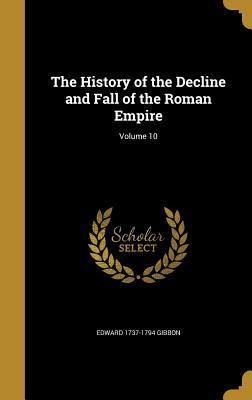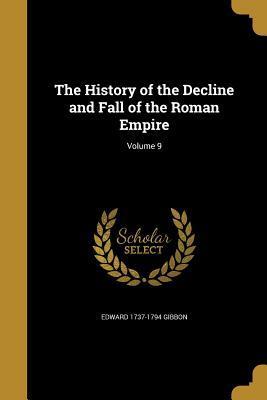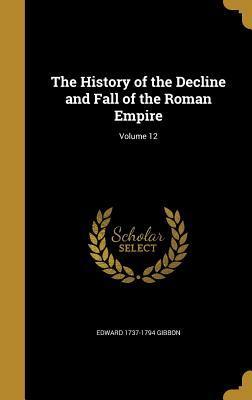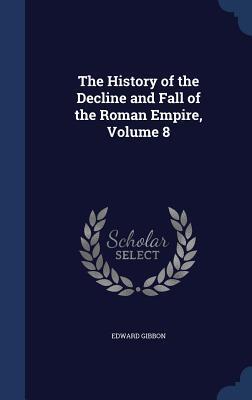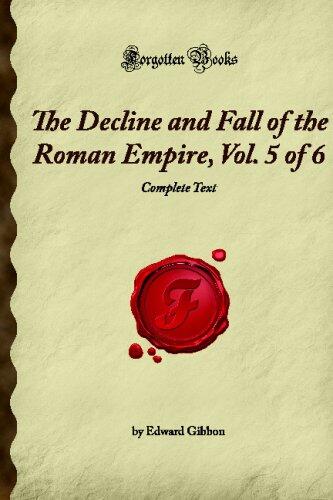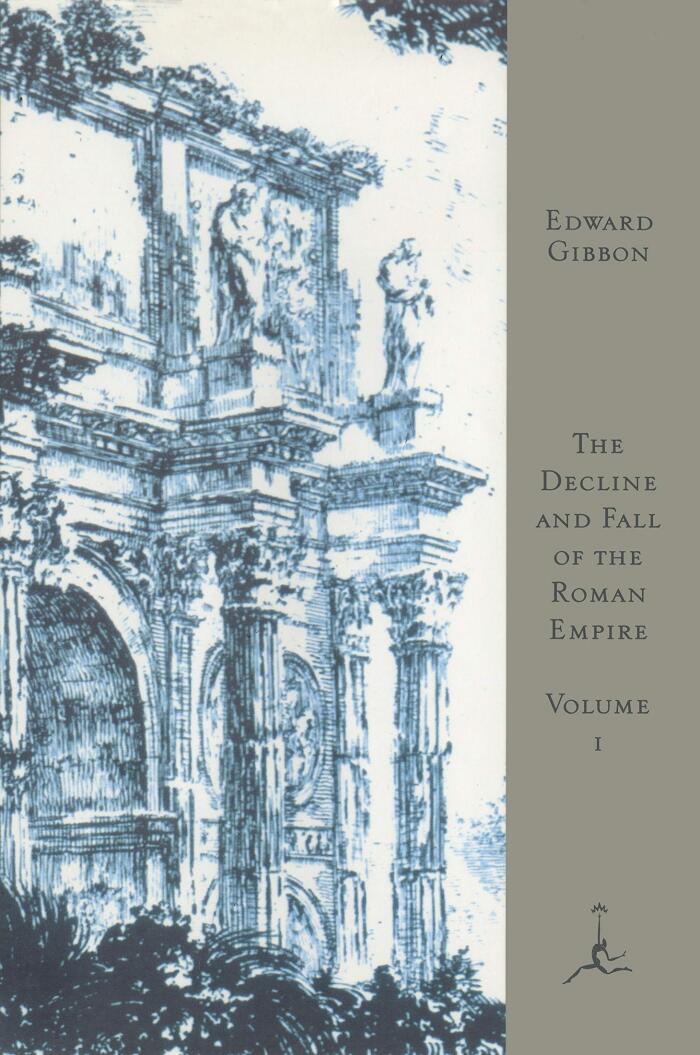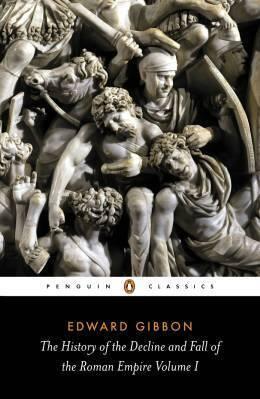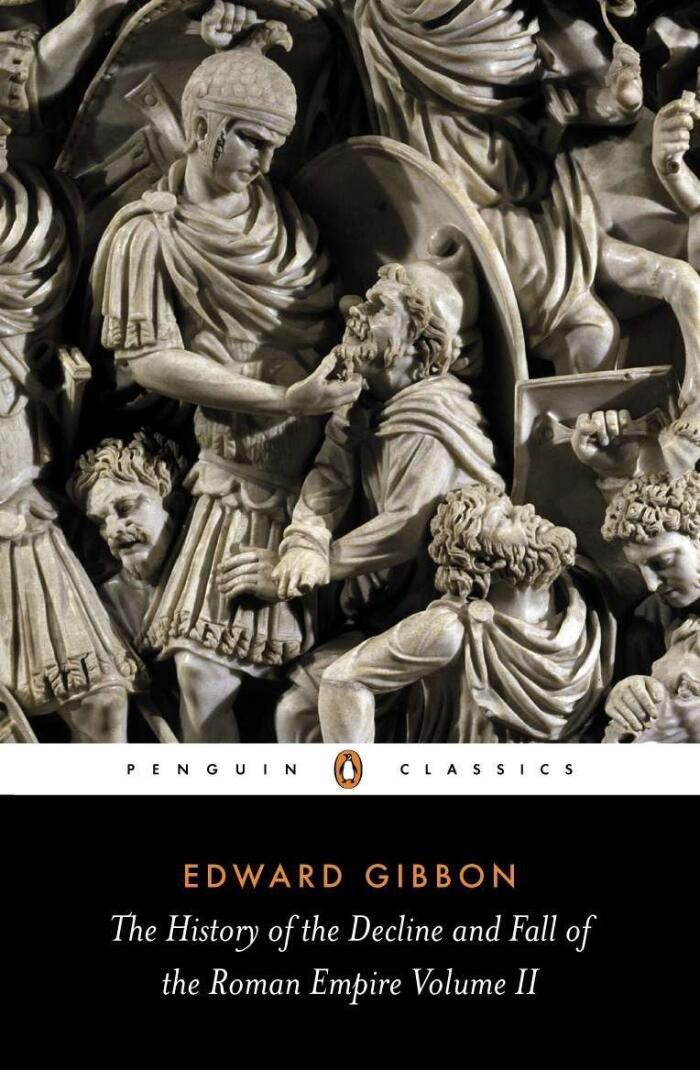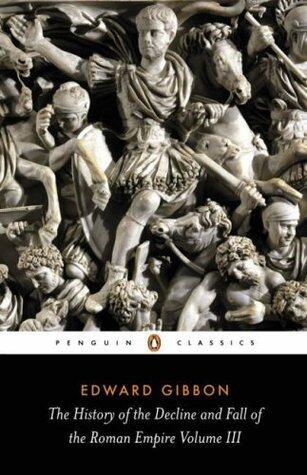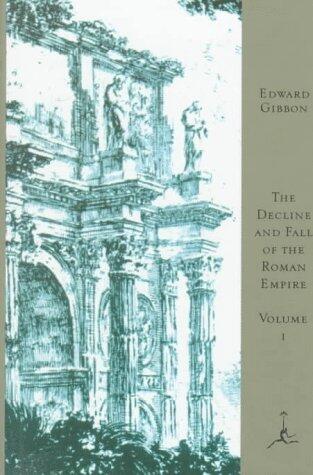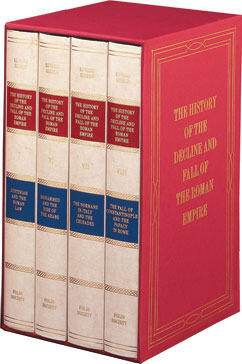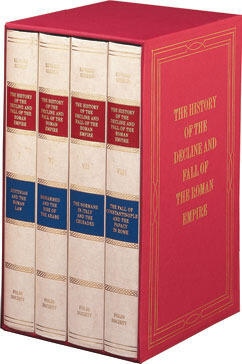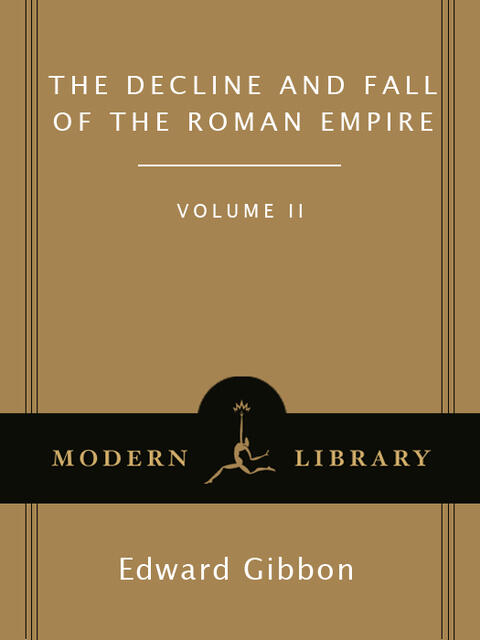
The Decline and Fall of the Roman Empire, Volume II: A.D. 395 to A.D. 1185
przez:
Edward Gibbon
Wydanie: 4
Język: Angielski
Format: Kindle
ISBN 10: 0679641475
ISBN 13: 9780679641476
Data publikacji:
January 1st, 2000
Wydawca: Modern Library
Strony: 912
Gatunki: History, Humor
In the second volume of a monumental work, the narrative continues to unravel the intricate tapestry of the Roman Empire, focusing on the years from A.D. 395 to A.D. 1185. Edward Gibbon meticulously examines a period marked by both political turmoil and cultural transformation, showcasing how internal strife and external pressures contributed to the gradual decline of one of history’s greatest empires.
Gibbon's writing captures the essence of the struggles faced by the Roman Empire during these centuries. The analysis is deeply rooted in historical fact, yet he weaves a vivid picture that invites readers to explore the motivations, aspirations, and failures of emperors and citizens alike. The author’s keen insights reflect not just on the decline, but also on the rich legacy that emerged from this epoch.
Throughout the text, readers encounter a slew of influential figures and pivotal events that shaped the course of history. Gibbon's scholarly approach is balanced by his engaging prose, inviting both history buffs and casual readers to delve into the past with curiosity and intrigue.
As the tale unfolds, Gibbon’s examination reveals the complexities of societal change, the clash of cultures, and the enduring impact of the Roman Empire on subsequent generations. This volume stands as a testament to Gibbon's reputation as a pioneering historian, illuminating themes that resonate far beyond the pages of history.
Gibbon's writing captures the essence of the struggles faced by the Roman Empire during these centuries. The analysis is deeply rooted in historical fact, yet he weaves a vivid picture that invites readers to explore the motivations, aspirations, and failures of emperors and citizens alike. The author’s keen insights reflect not just on the decline, but also on the rich legacy that emerged from this epoch.
Throughout the text, readers encounter a slew of influential figures and pivotal events that shaped the course of history. Gibbon's scholarly approach is balanced by his engaging prose, inviting both history buffs and casual readers to delve into the past with curiosity and intrigue.
As the tale unfolds, Gibbon’s examination reveals the complexities of societal change, the clash of cultures, and the enduring impact of the Roman Empire on subsequent generations. This volume stands as a testament to Gibbon's reputation as a pioneering historian, illuminating themes that resonate far beyond the pages of history.
